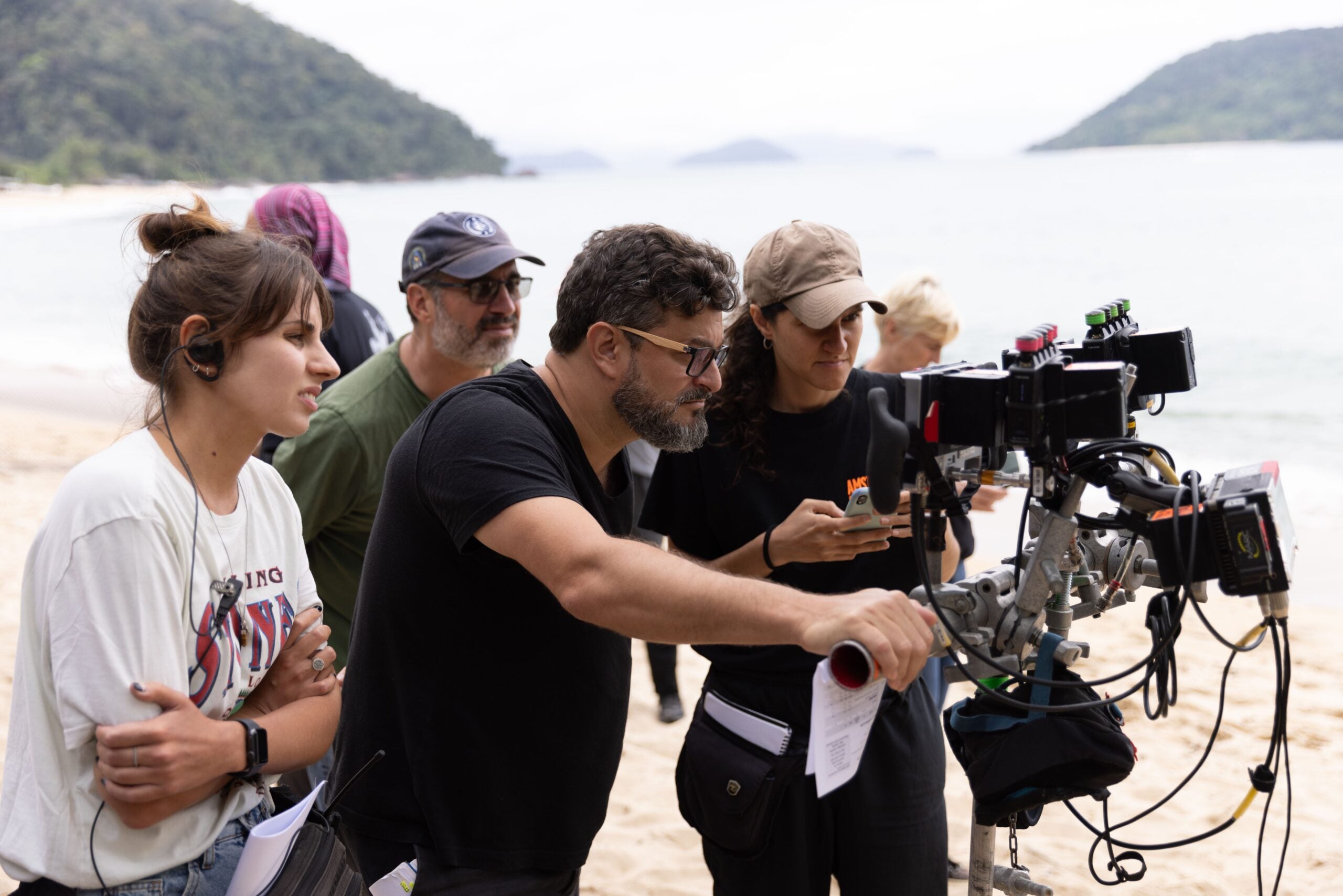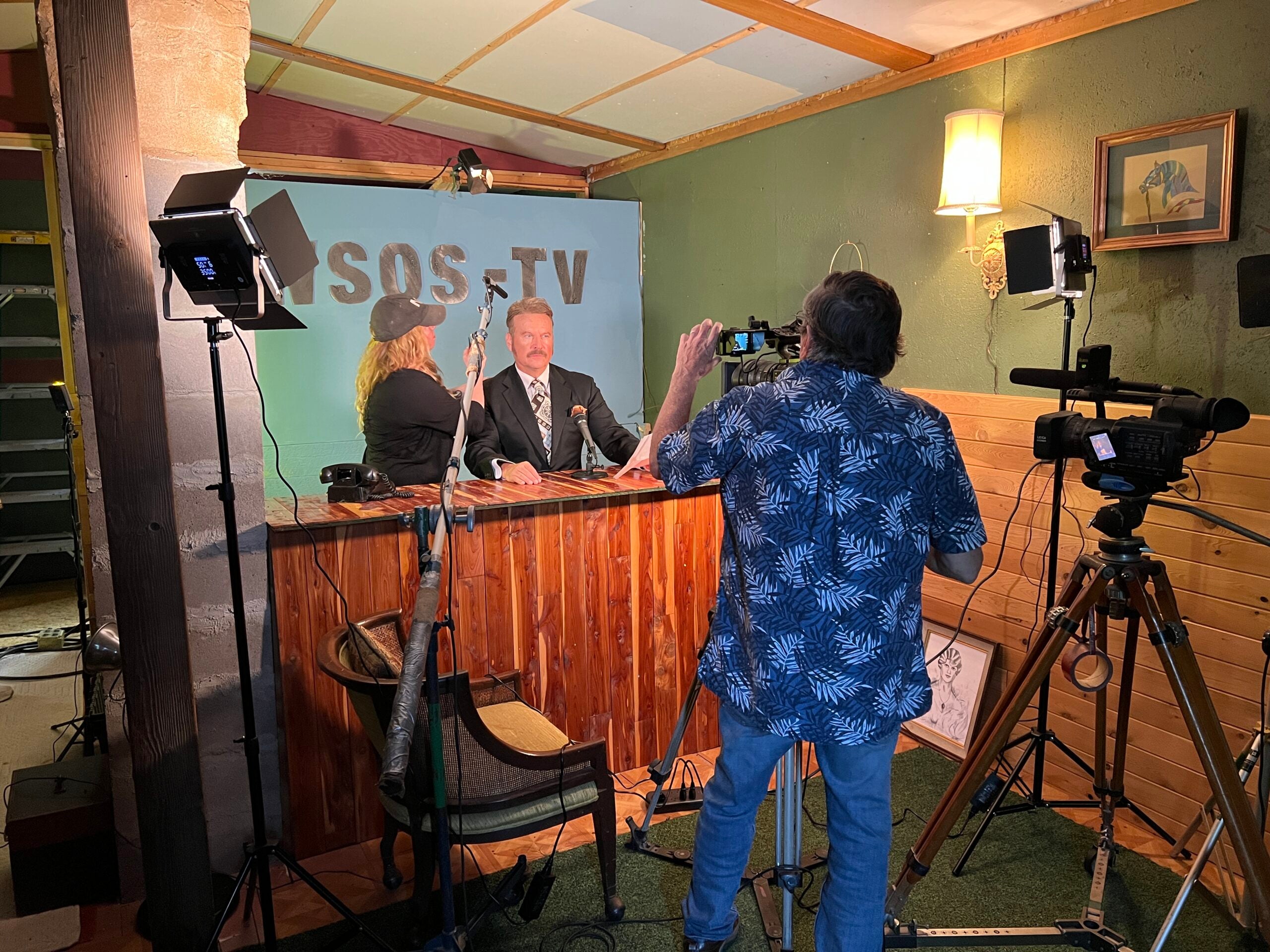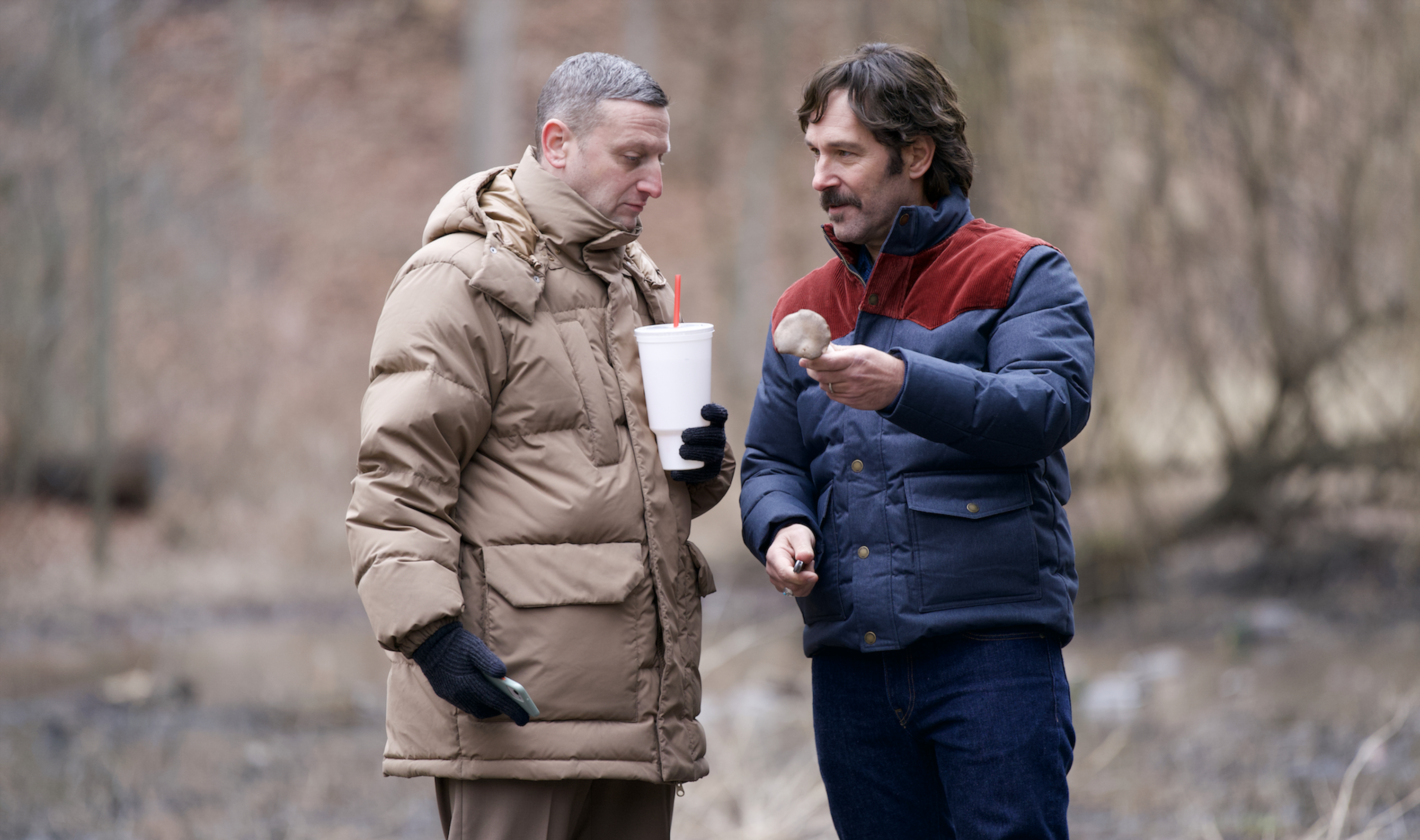Brazilian director David Schurmann spent the bulk of his life living on or near the ocean. He is also the CEO of the Voice of the Oceans foundation, an organization dedicated to fighting pollution.
When the time came to adapt the incredible true story of a penguin returning each year to the Ilha Grande beach near Rio de Janeiro, few directors were better suited.
The film, “My Penguin Friend,” stars Jean Reno as the broken and distant fisherman, João, who rescues an oil-soaked penguin, DinDim (pronounced Jin Jin) and nurses him back to health.
News with a little more humanity
WPR’s “Wisconsin Today” newsletter keeps you connected to the state you love without feeling overwhelmed. No paywall. No agenda. No corporate filter.
The story doesn’t end there. DinDim wouldn’t leave João’s home. In fact, he spent the entire summer with him. Then, he mysteriously left, only to return each summer for eight consecutive years.
Schurmann’s film is beautifully shot, using actual penguins. The result is a tale of friendship, healing, adventure, and ultimately, the persistence of the heart.
“My Penguin Friend” is in theaters now.
Schurmann sat down with WPR’s “BETA” to talk about this story, what it was like to make a film with flightless co-stars and his personal attachment to the material.
The following has been edited for clarity and brevity. To hear the whole interview, click on the listen button above.
Doug Gordon: You spent nearly your entire childhood on the ocean. How did that prepare you for telling this story visually?
David Schurmann: My whole background is documentary making. So, I was raised on a sailboat for a big part of my life, and for me, being on the ocean and knowing the ocean and knowing the motions of the ocean and knowing the creatures of the ocean, it’s second nature. For me, being invited to do a film about connection of humans and the ocean, it was natural.
I love the shift from documentary to fiction because one, you control the story. The other one, the story controls you. Documentaries, you go with the flow. And I love doing fiction because then you have a little bit more control on the story and how it flows — in this case, working with animals.
DG: There’s an old showbiz adage that you should never share the stage with kids or animals. I’m betting that goes double for penguins.
DS: Well, kids, animals and the ocean, you know!
You know, you really have to plan as much as possible and have plan B, C and D. It’s very important to say that the penguins we used — the real penguins we use in this film — are penguins that cannot go back to the ocean. So, they are rescue penguins that have either problem in their wings, or on the legs or on their backs. They cannot go back to the ocean. Otherwise, they’ll die. So they live in an institute, in an aquarium.
We brought in the penguin whisperer, Fabian Gabelli. This guy’s amazing and he has a way with animals that I’ve never seen, a way of understanding them and watching them.
He gave us a dossier about, probably about 15 centimeters thick, of procedures of what we had to do and how we had to work and how Jean Reno had to come three weeks beforehand to pre-production to be with the penguins. So, the penguins would get used to his voice, for him to know how to hold the penguin. The first time Jean Reno had an experience with a penguin, he held the penguin, the penguin pecked him and drew blood.
DG: Oh, dear. I got to ask, what did Jean bring to this role?
DS: It’s just amazing what he can bring without having to say words. A penguin, for you to understand, does not have facial expressions, right? They’re almost like a chicken. They blink. That’s it. Their whole expression is on their necks and bodies.
When I found out that we had the opportunity to have Jean on the film, I flew to his summer house in the south of France. And with a script on hand that I had taken 20 pages out of — dialogue and blabber — because I said, “This is Jean Reno. I don’t need him speaking.” He can do it all. He is at that level of an actor that he can just look and we get his pain. We get what he’s feeling.
Actors at that level, they’re so brilliant to work with because they bring everything. And every time I have to direct something with Jean, it’s very, very small and precise. I say, “Jean, could we just try this this way?” And he goes, “I’ll give you a present.” And he’ll go out and do the scene again. It’s unbelievable. It’s like the adjustment is so precise and you don’t need to do anything or tell him any big story because he gets it. He gets it from the page, from the script. It’s amazing.
DG: I was picking up on some Spielbergian notes during your film. Some “E.T.” vibes for sure. What films or directors were your inspiration for “My Penguin Friend”?
DS: Without being very humble, “E.T.” was definitely one of them because it was an alien coming into somebody’s life. And then on that case was a young boy with this alien. Here, the alien is the penguin. And obviously, Jean Reno being the boy, it’s a different dynamic, but it was very inspiring. I looked at that movie and I said, “Wow, this is an inspiration.”
Obviously I looked at “The Professional” when Jean Reno was acting with a young Natalie Portman — the way he looked at her, the way that he was caring for her. So I brought all these different movies into my repertoire of references to be able to tell this story, but you nailed it on the head. That’s the first movie that I thought about. It is like, let’s somehow look at this as an “E.T.” experience.






